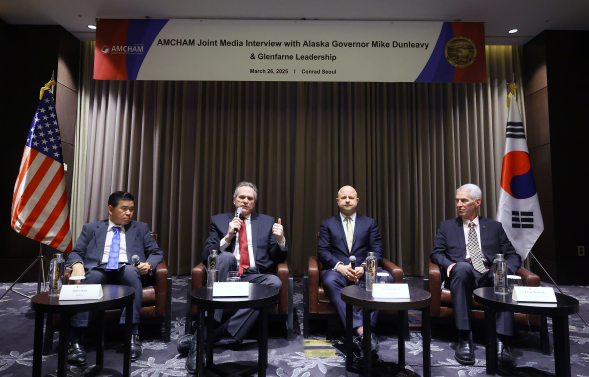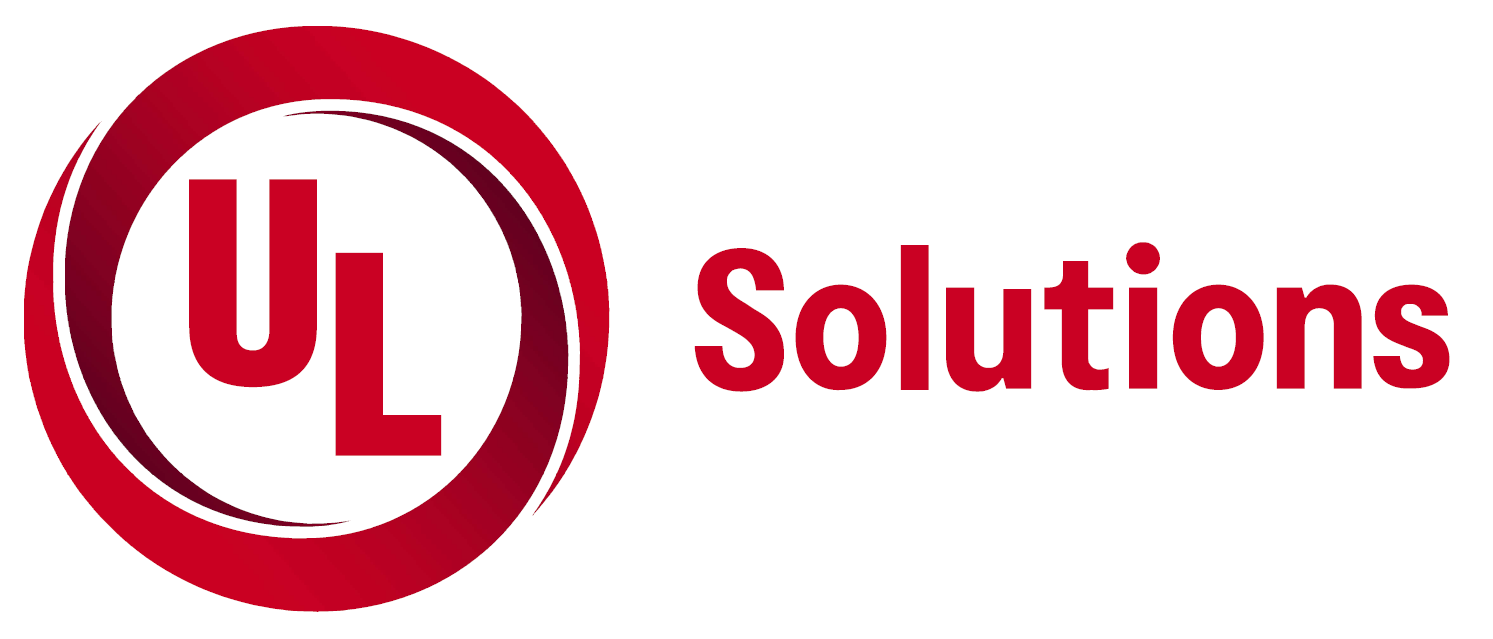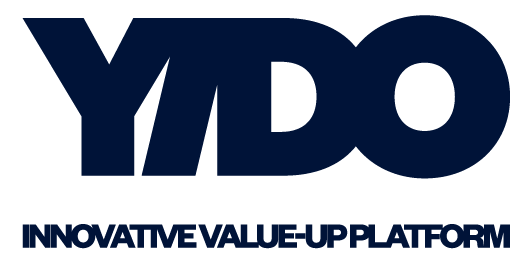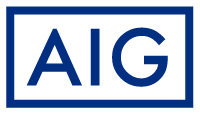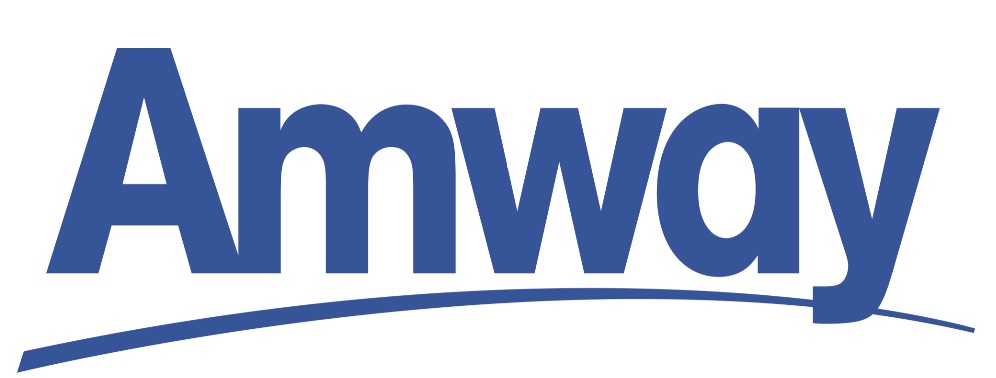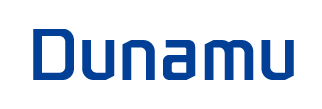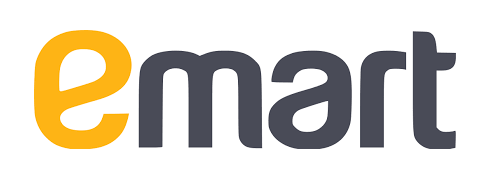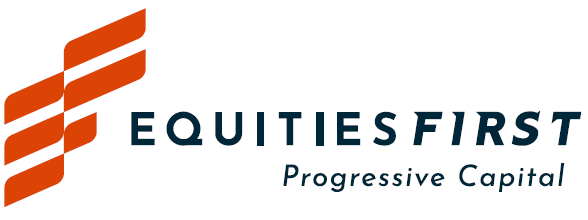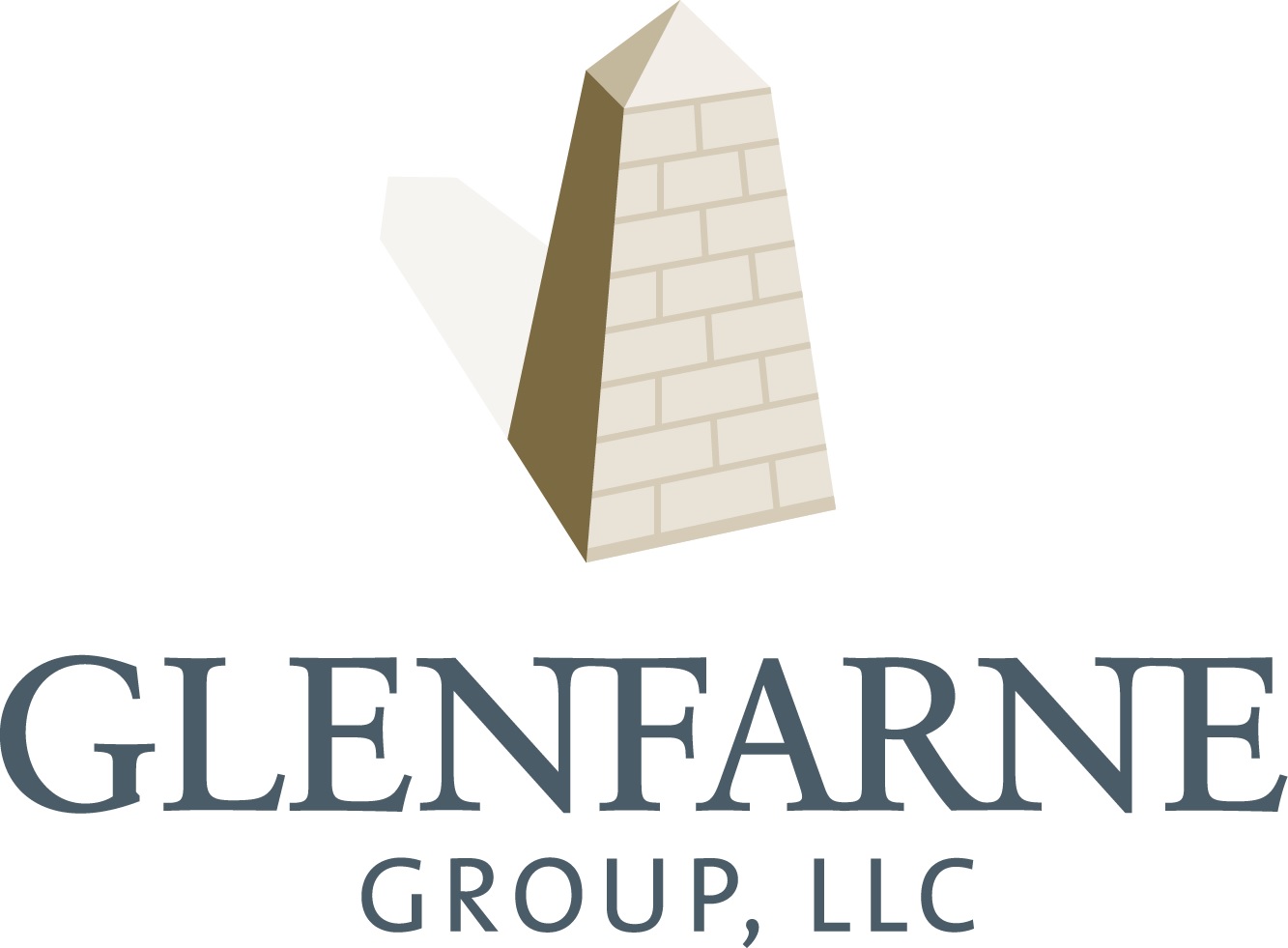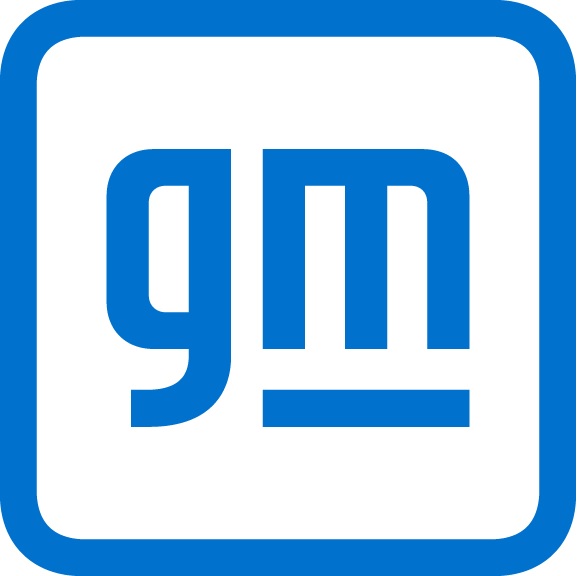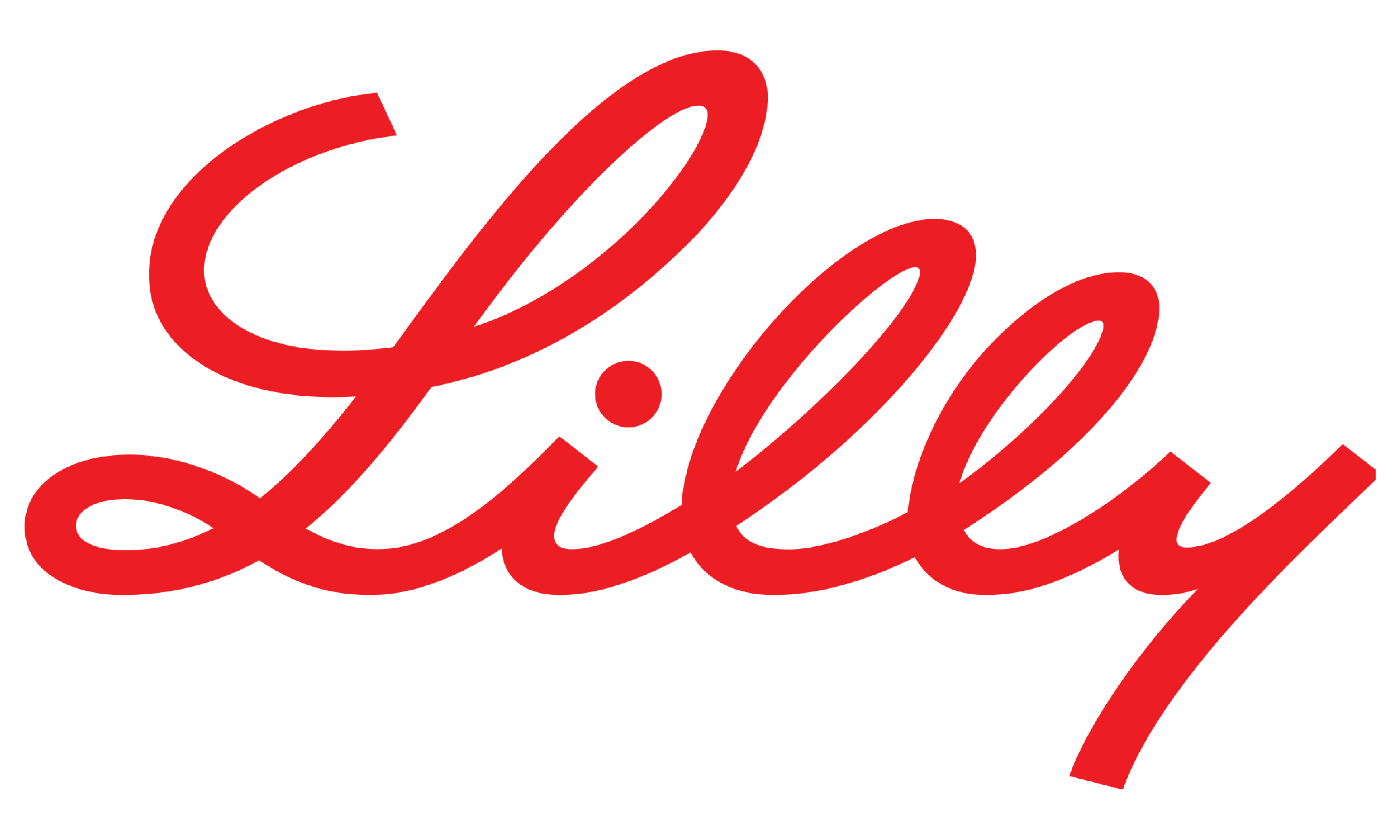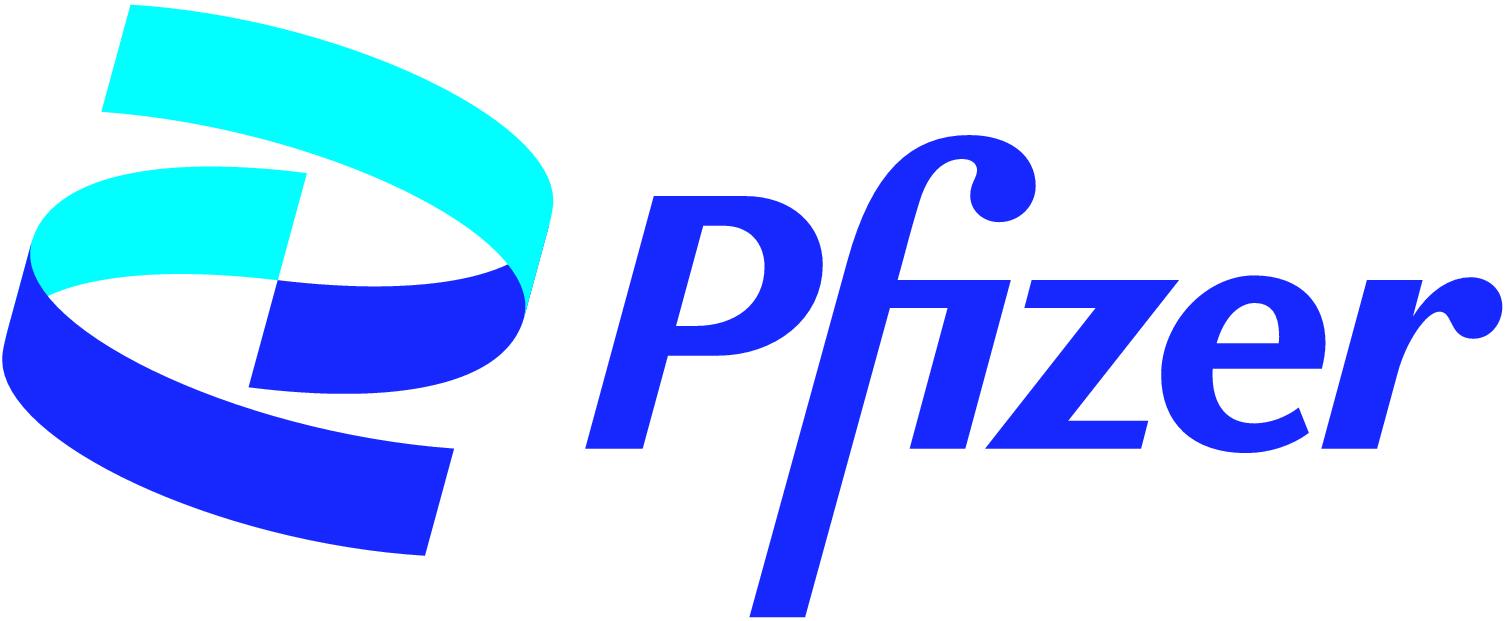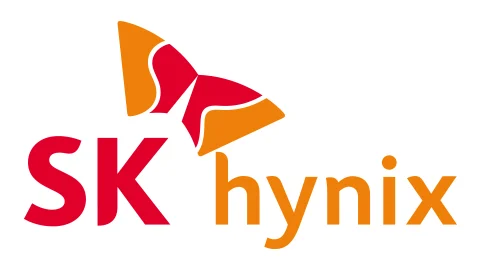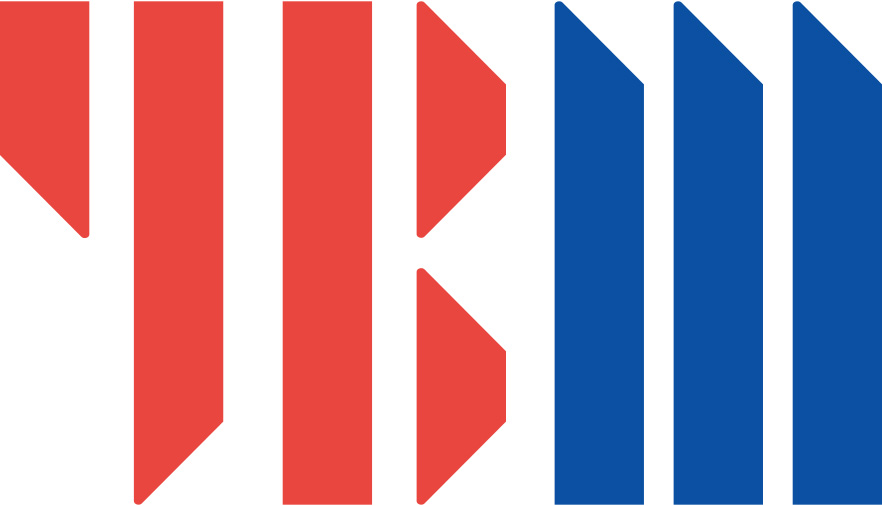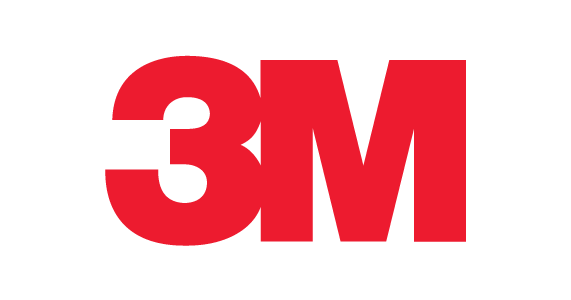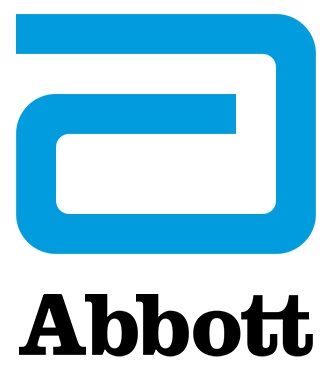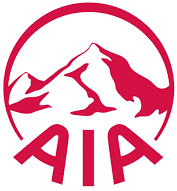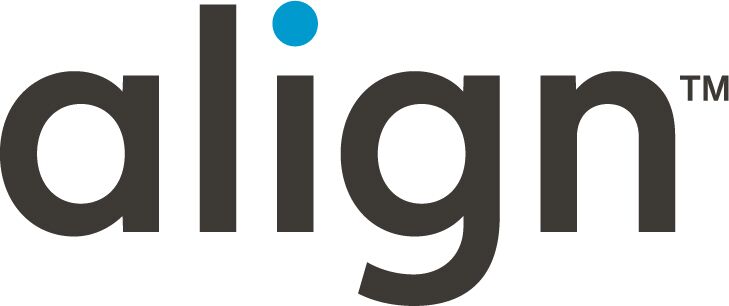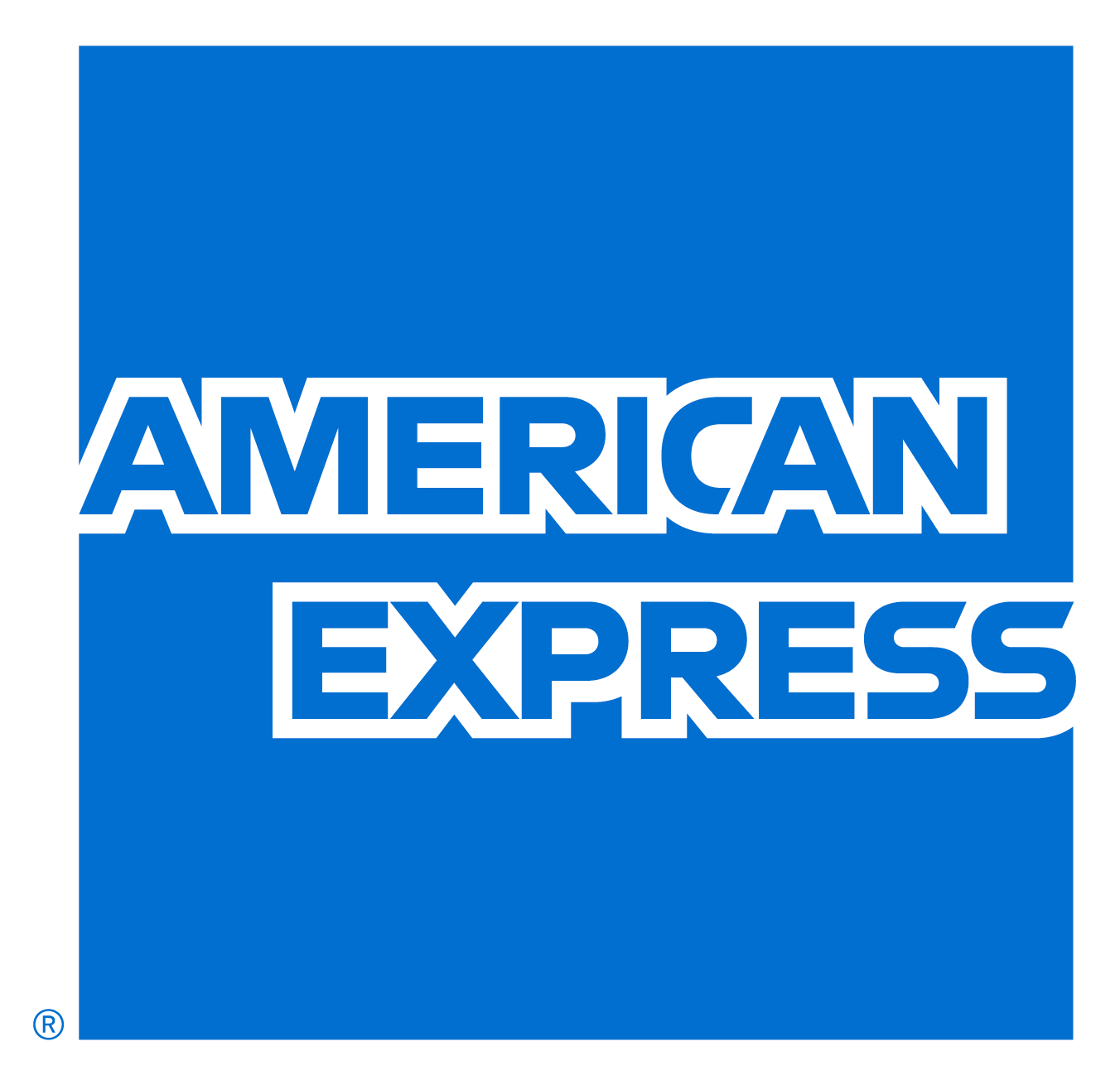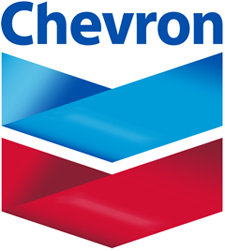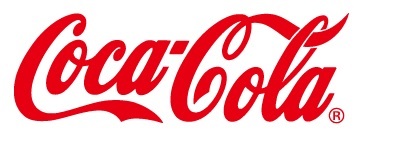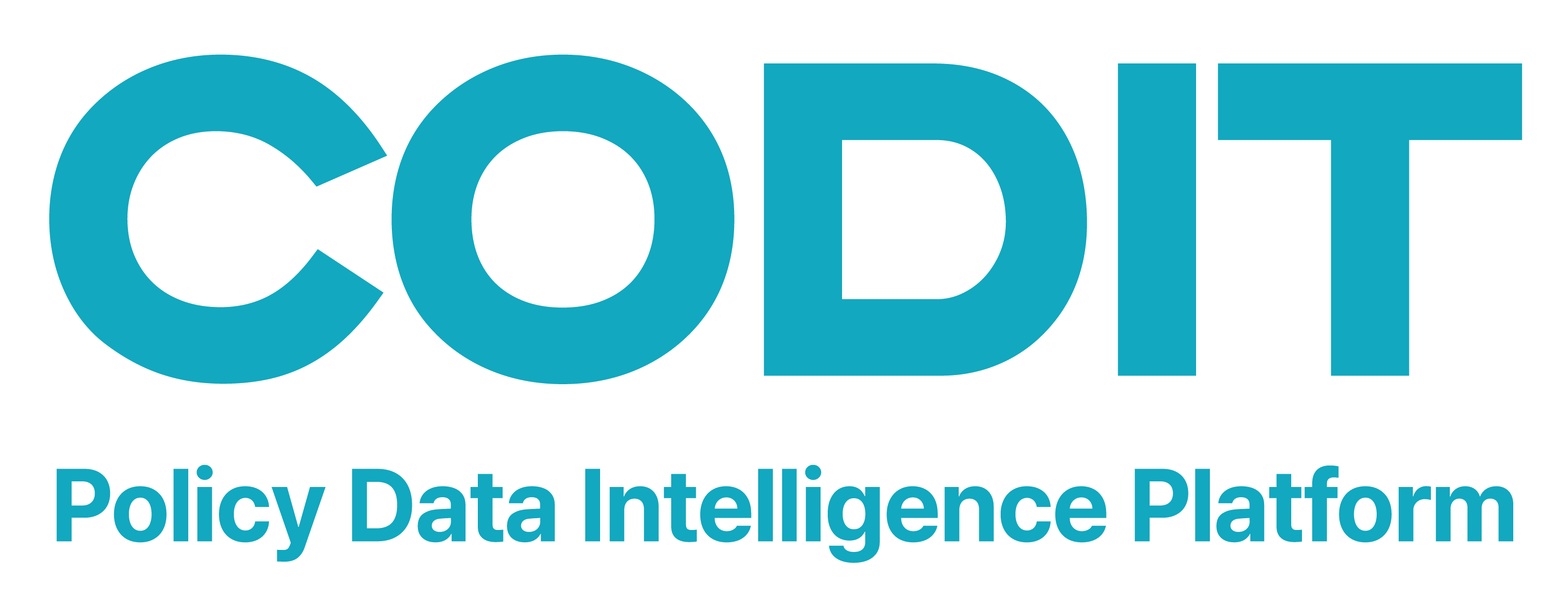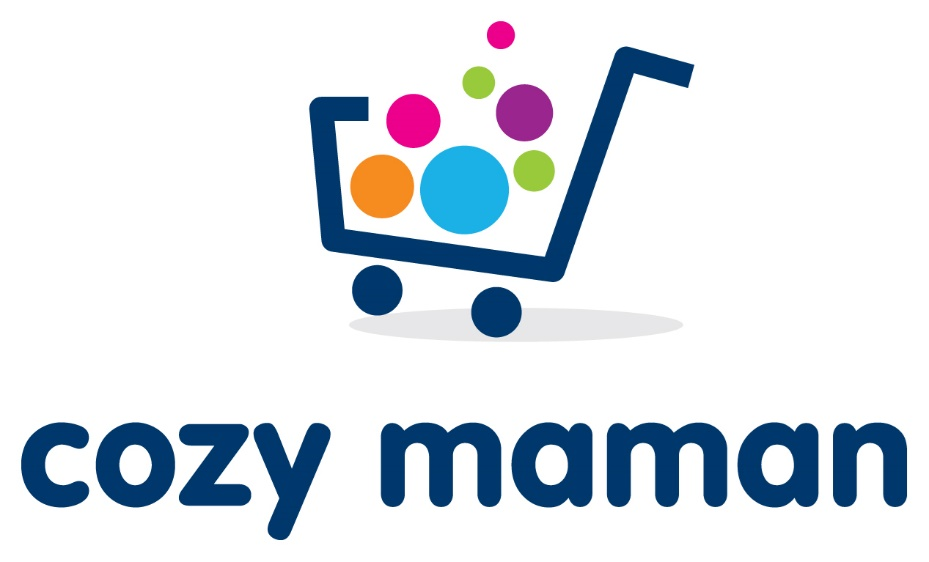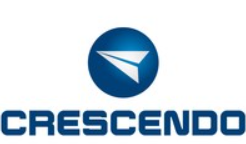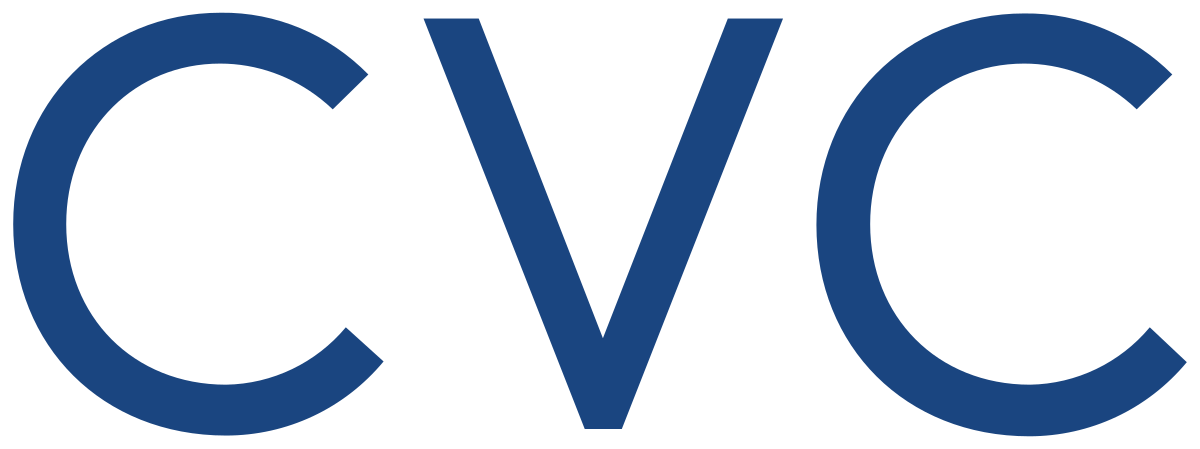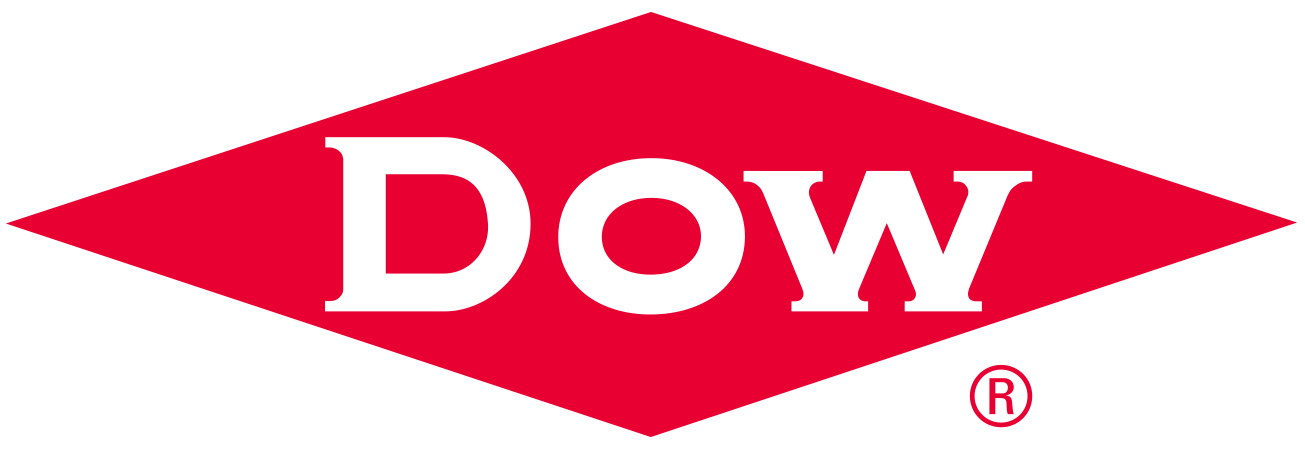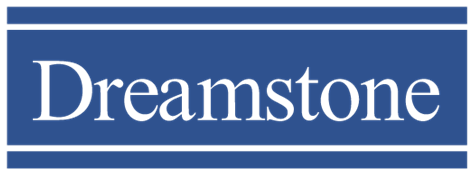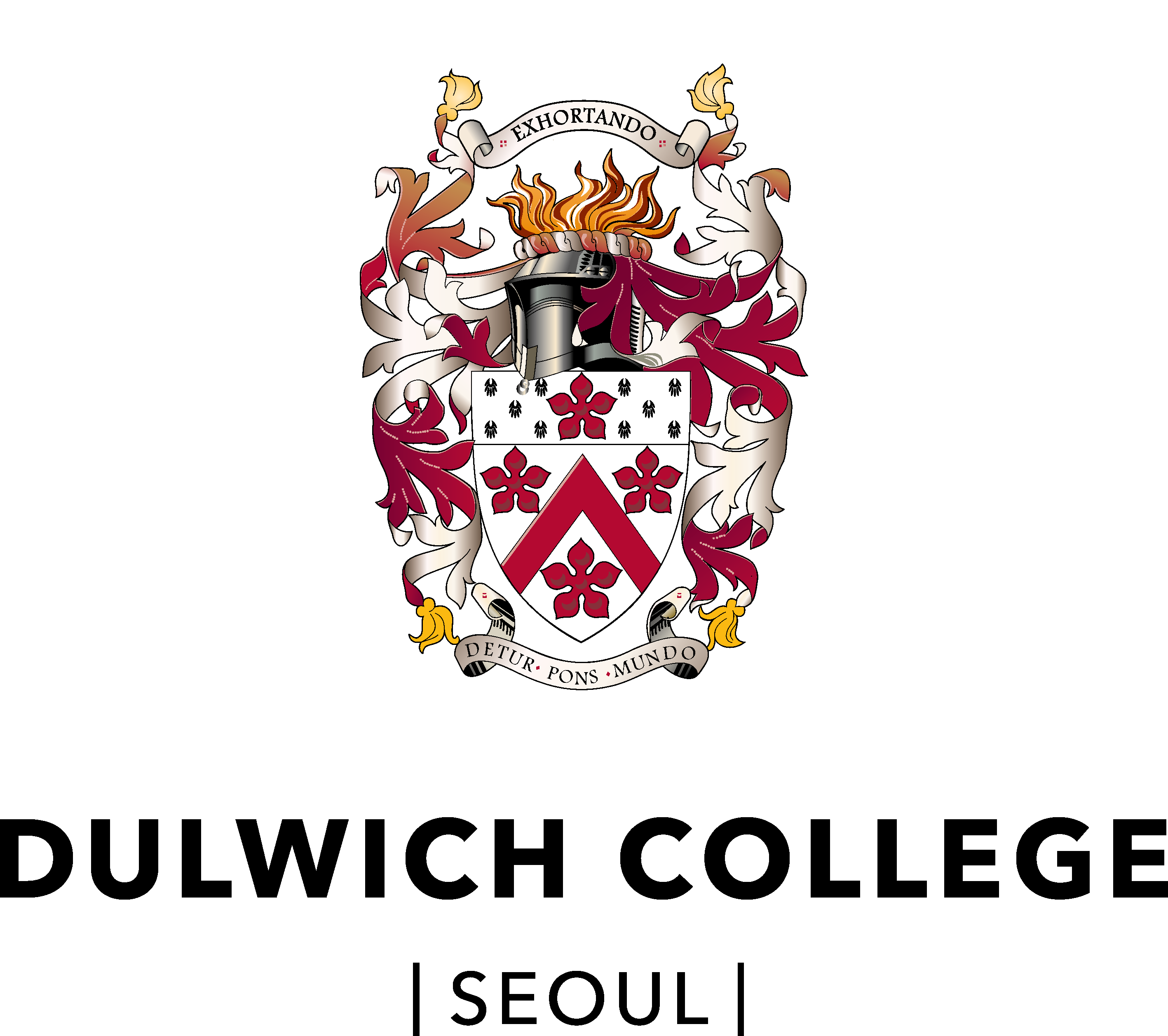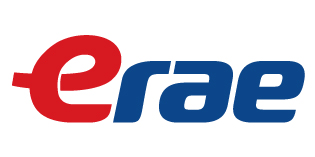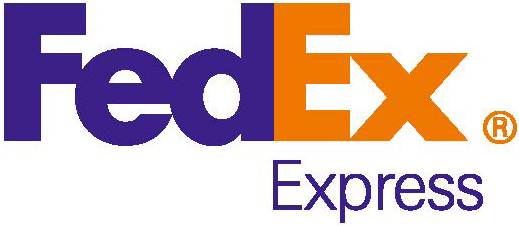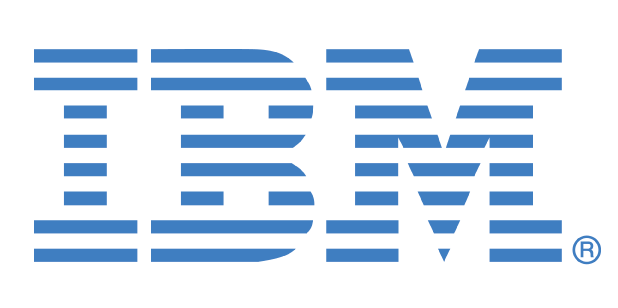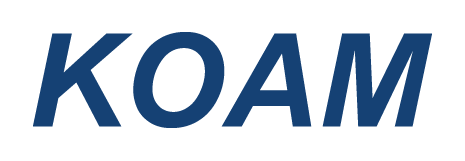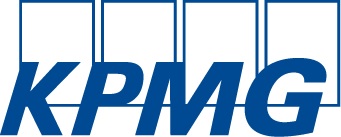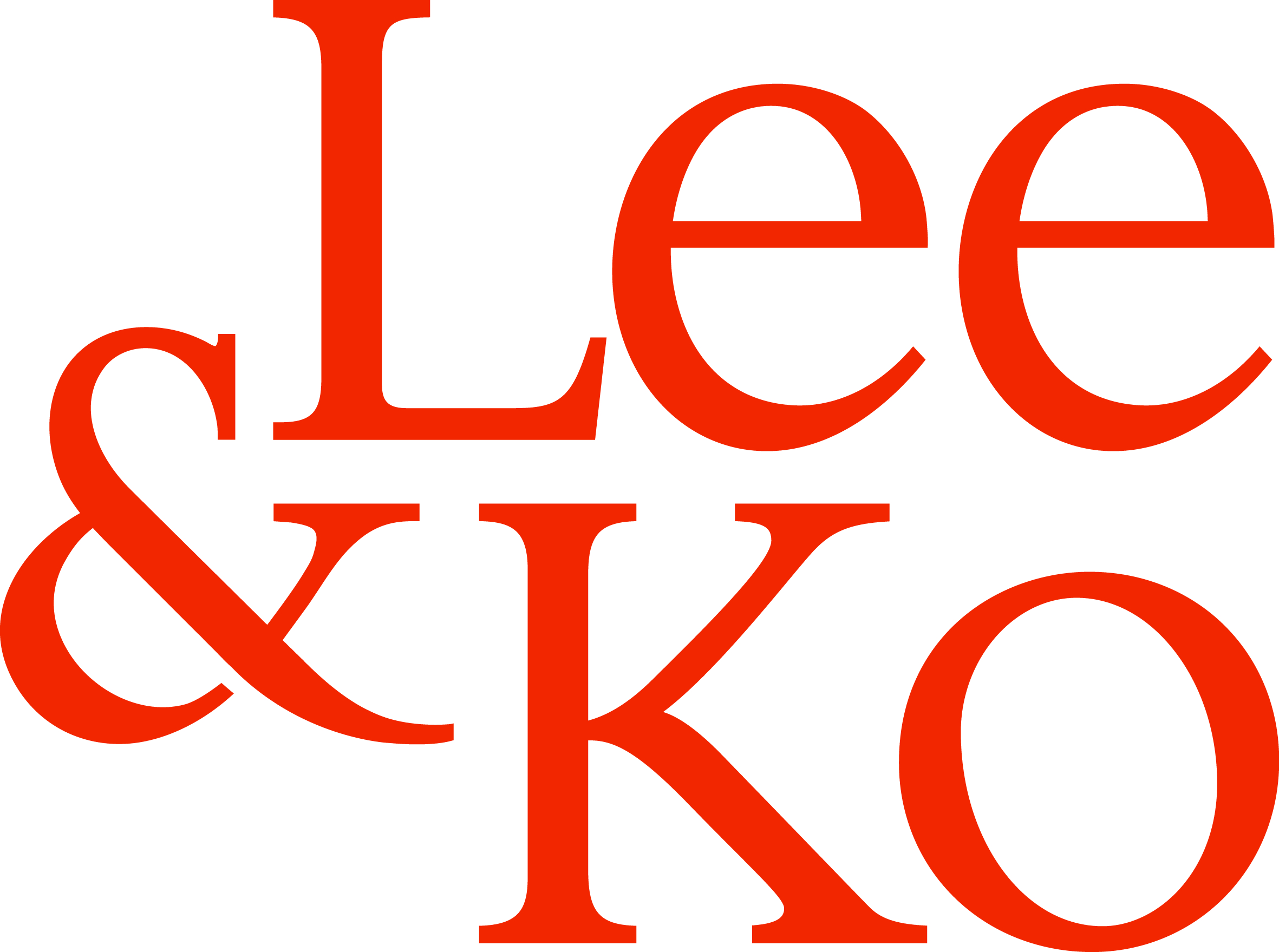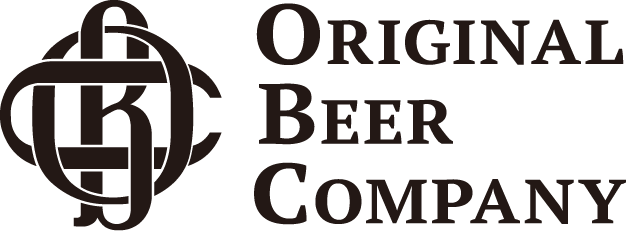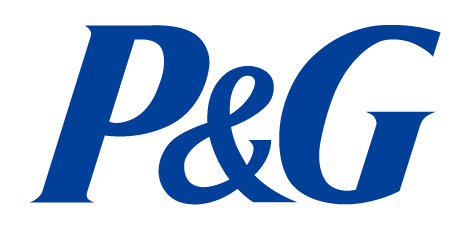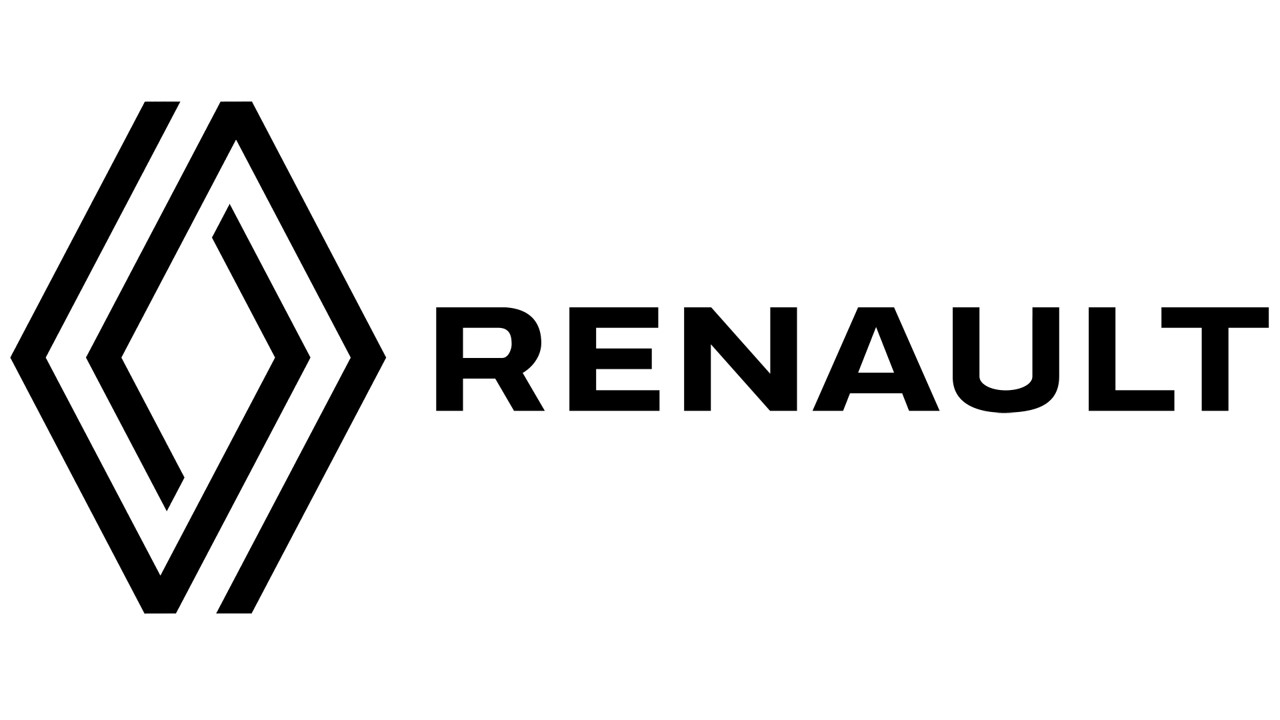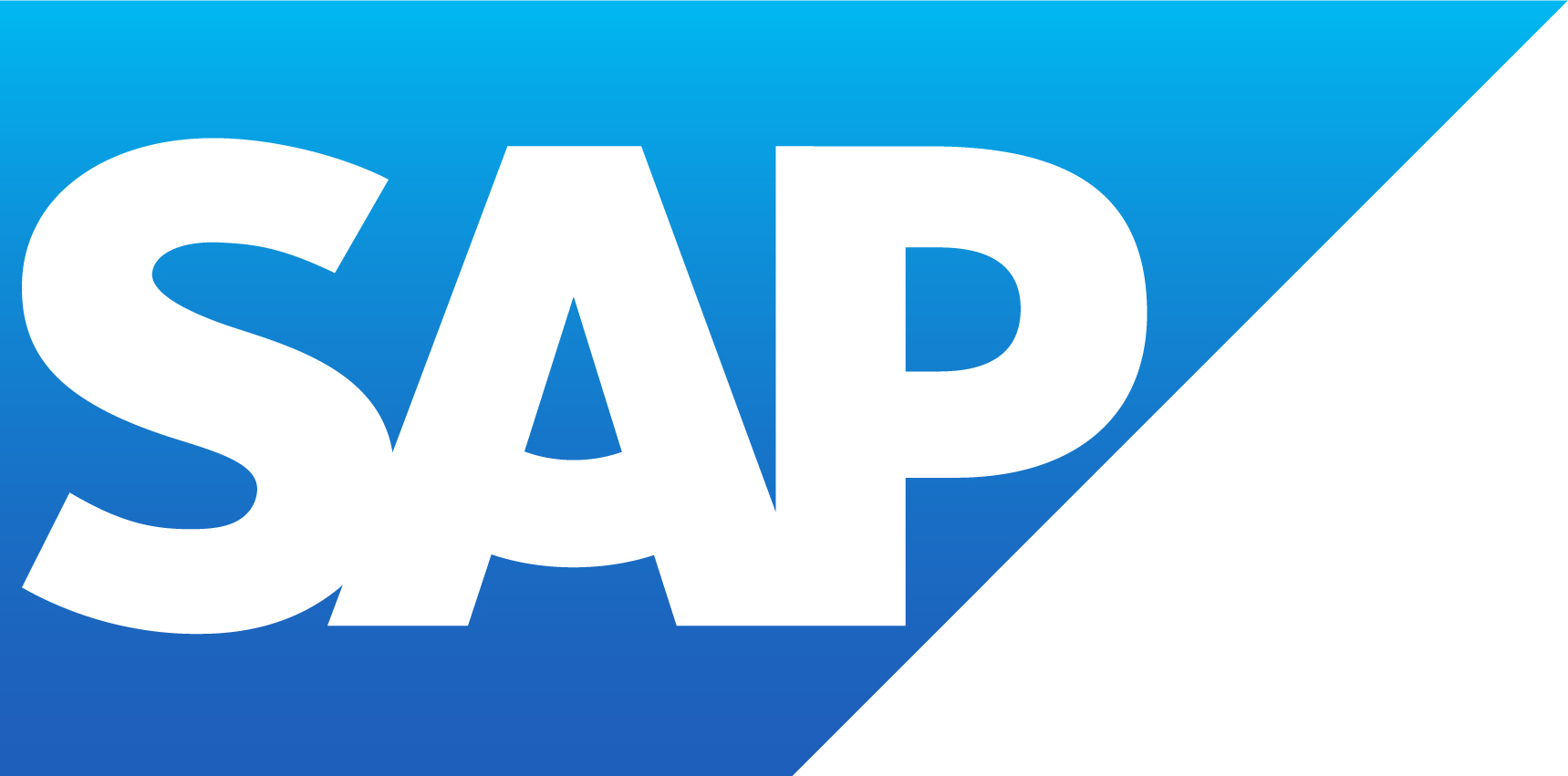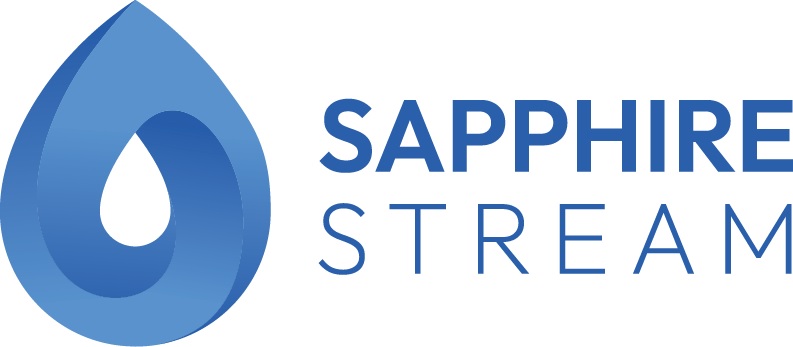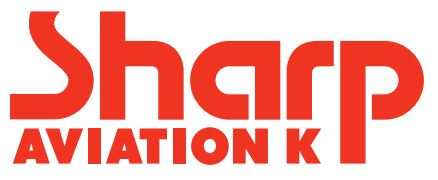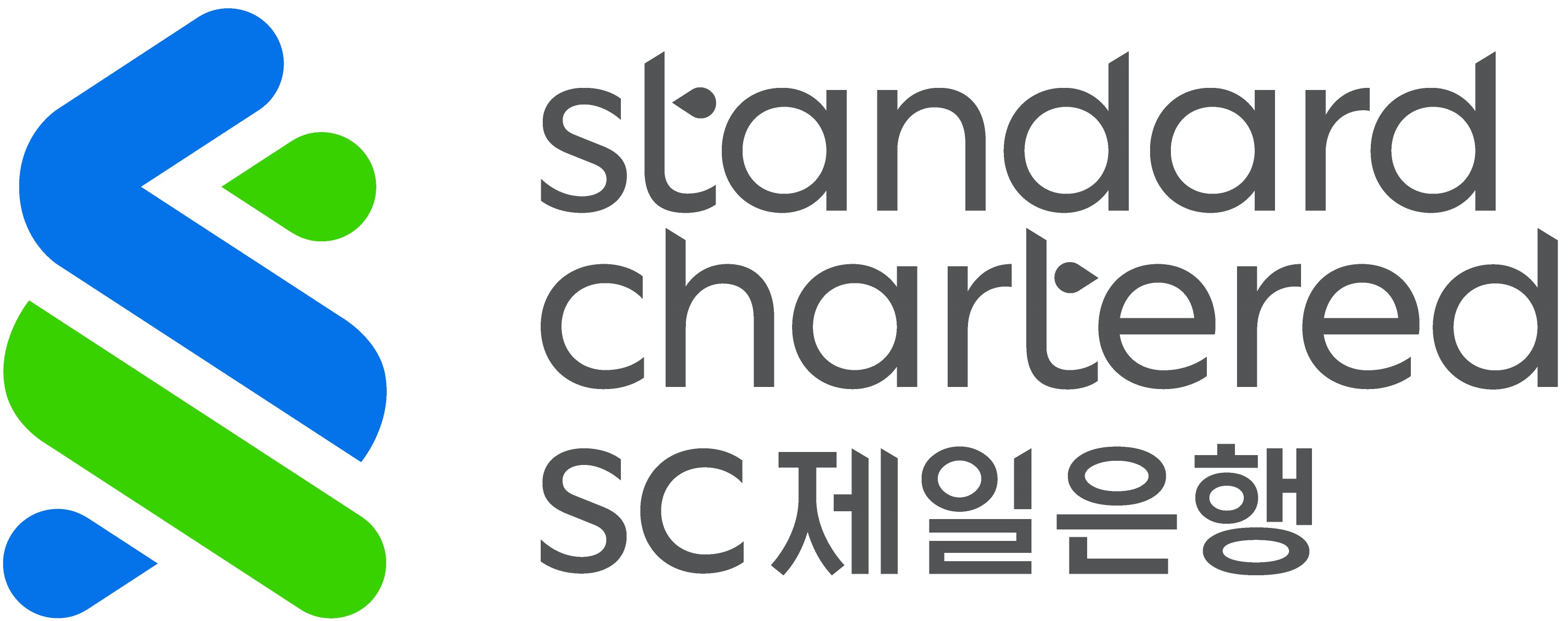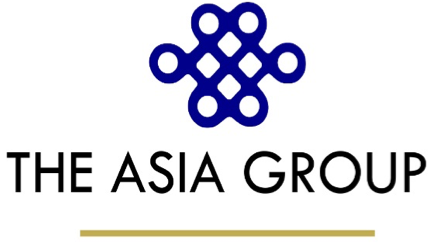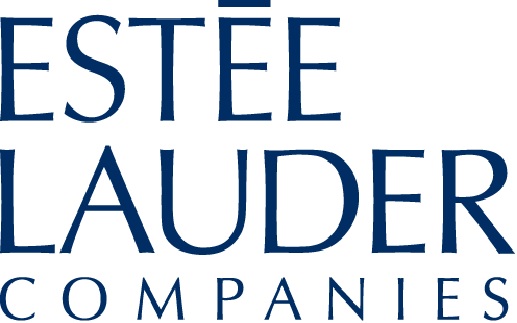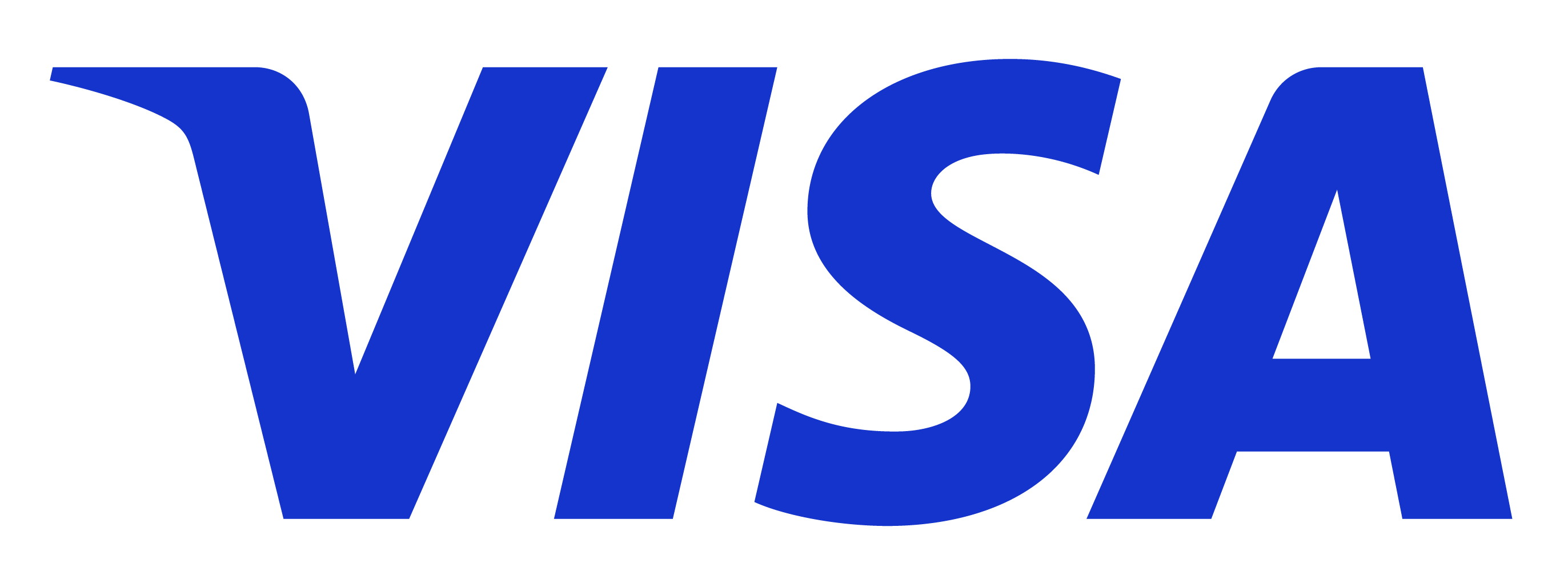[INTERVIEW] Alaska governor urges Korea
to buy LNG for 'mutual benefits'
Korea's
gas imports deemed essential for favorable trade talks with US
By
Park Jae-hyuk, The Korea Times - Alaska Gov. Mike Dunleavy emphasized that
Korea's commitment to purchasing liquefied natural gas (LNG) from his state is
essential for the fourth-largest economy in Asia to achieve favorable outcomes
in its ongoing trade negotiations with the United States.
Promoting
Alaska LNG imports as a way for Seoul to address Washington's request to
rectify their trade imbalance, the Republican governor encouraged Korea to
follow in the footsteps of Taiwan, the first stop on his tour of four Asian
countries from March 19 to 30.
On
March 20, Taiwan signed a letter of intent to purchase LNG from Alaska, citing
the need to bolster its energy security. Taiwan's state-owned CPC Corp. also
expressed interest in investing in the $44 billion project to construct a
nearly 1,300-kilometer pipeline in Alaska.
"The
goal is that Korea wants to buy our gas. That sets everything else into
motion," Dunleavy said during a joint media interview hosted in Seoul by
the American Chamber of Commerce in Korea (AMCHAM) on Wednesday.
"Why
even discuss theoretical things if Korea doesn't even want to buy gas? We can
discuss all that after Korea promises to offtake gas," he added.
In
Korea, speculation has emerged that Washington might exempt tariffs on Korean
products used in the Alaska LNG project, considering that U.S. President Donald
Trump voiced his support for the project and specifically mentioned Korea as a
possible "partner with investments" during a March 4 address to
Congress.
Calling
such expectations "putting the cart before the horse," Dunleavy
stressed that everything begins with a gas offtake agreement.
However,
the governor and the Alaskan delegation sought to ensure that their request was
not perceived as "pressure" or "a bill." Instead, they
highlighted the potential benefits for Korea and its companies from LNG
purchases and participation in the project.
"There
is no need to worry about shipping over contested waters. This is a great
opportunity for Korea and Alaska," Dunleavy said. "Purchasing gas
from Alaska also helps the conversation around trade balances. This is a
win-win-win for Korea, Alaska and the U.S."
Alaska
Gasline Development Corp. President Frank Richards and Glenfarne Group CEO
Brendan Duval, who were part of the delegation as LNG project developers,
pointed to Korea's steelmakers, construction equipment producers and
shipbuilders as potential beneficiaries.
Citing
the price competitiveness of LNG from the closest U.S. state to Korea, the
delegation dismissed concerns over the profitability of gas imports and the
feasibility of pipeline construction.
"There's
a bit of a context of 20 years ago still coloring the perception of this
project now," Dunleavy said. "But back then, we didn't have all the
permits. We didn't have the urgent energy needs we have now. We didn't have
global AI (artificial intelligence) demand."
The
governor also sought to dispel concerns about the project's scale and cost,
explaining that circumstances and demand have shifted significantly.
"In
Korea, every official has been very polite and trying to understand the
project," he said, referring to his meetings on Tuesday with acting
President and Prime Minister Han Duck-soo and Industry Minister Ahn Duk-geun.
However, the Korean
government has reportedly remained undecided toward Alaska's request due
largely to a leadership vacuum following President Yoon Suk Yeol's suspension
from duty after his Dec. 3 martial law declaration.
It is also unclear
whether the Alaskan delegation had meaningful discussions with major Korean
companies, including SK, POSCO, Hanwha and SeAH.
Addressing the
skepticism, Dunleavy asserted that Korea's gas needs remain a pressing issue
despite the country's political uncertainties.
AMCHAM Chairman James
Kim also emphasized the chamber's approach of "decoupling" business
from politics.
"We want U.S.
companies here and Korean companies to procure as many U.S. products as
possible, which reduces the trade deficit. LNG is the biggest portion of
that," Kim said.
Source:
https://www.koreatimes.co.kr/www/tech/2025/03/419_395046.html?na




